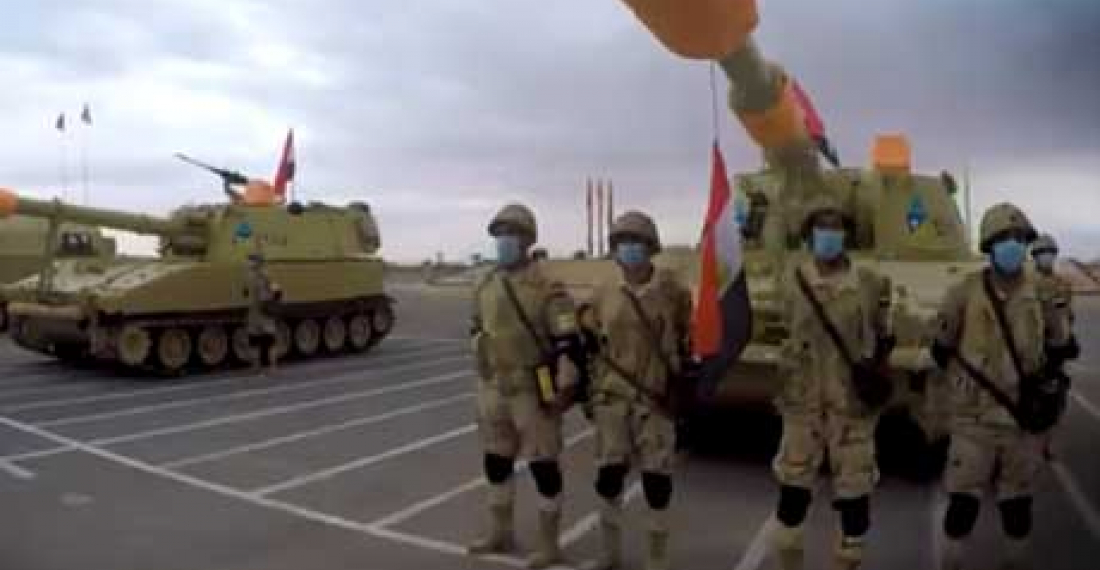Six Arab countries are currently holding joint military exercises, according to the Egyptian newspaper Al Ahram, citing Egyptian military sources.
Egypt is hosting the joint military exercise dubbed ‘Sword of Arabs’, from 17-26 November.
According to a video statement, the participating countries in the exercise are Egypt, Saudi Arabia, the United Arab Emirates, Jordan, Bahrain and Sudan.
The joint drill is being executed at the Muhammad Naguib Military Base, located in Marsa Matrouh governorate, in the northwest of Egypt.
The official spokesman of the Egyptian Armed Forces, Tamer El-Refaie, posted a short video clip featuring a part of the 'Sword of Arabs' exercise on the Armed Forces’ official Facebook page.
The training includes theoretical and practical lectures that target unifying operational concepts and raising the level of military competence and joint work.
The first stages of the training involve honing skills to execute joint tasks efficiently and under specified timeframes, as well as practicing to coordinate between naval, air and land forces in carrying out operations.
The ‘Sword of the Arabs’ training exercises aim to boost military ties between Egypt and other Arab countries to develop the foundations of military cooperation and joint action between the Egyptian Armed Forces and its counterparts in the Arab world
source: commonspace.eu with Al Ahram (Cairo)







